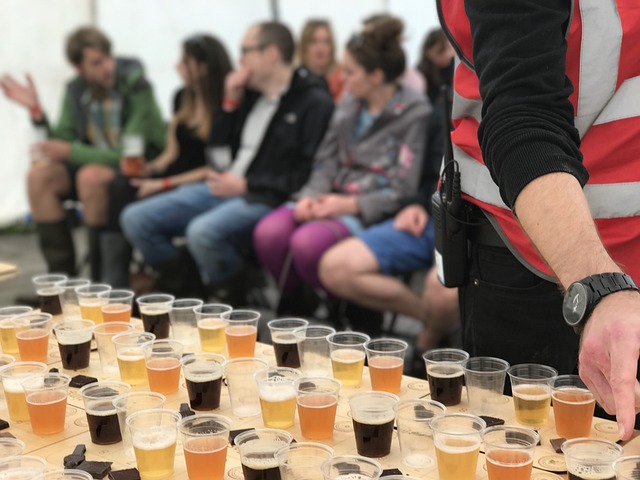Envision the capability to foresee precisely the flavor profile of a beer and fine-tune its taste to excellence, prior to indulging in a single sip. Although reminiscent of futuristic narratives, a group of Belgian scientists has advanced this captivating vision through the utilization of artificial intelligence (AI).
Researchers use AI to predict impact of various aromas in beer
Researchers from KU Leuven and VIB-KU Leuven Center for Microbiology utilized machine learning algorithms to examine extensive data on beer recipes, chemical compositions, and flavor profiles. Their objective was to develop a model capable of forecasting the impact of various aroma compounds on beer taste and consumer preference, as detailed in a study in Nature Communications.
Kevin Verstrepen, a professor at KU Leuven and director of the VIB-KU Leuven Center for Microbiology and the Leuven Institute for Beer Research, aimed to provide a neutral and scientific description of various beers worldwide.
Researchers conducted a thorough analysis of 250 commercial Belgian beers, measuring numerous aroma compounds in each brew. Dr. Miguel Roncoroni, leading the chemical analyses and tasting panel, describes the project as Herculean. Starting with less than 100 beers, they realized it wasn’t sufficient to represent Belgium’s diverse beer culture and they eventually tested 250 beers.
Machine learning employed to test beer flavor
The team utilized AI to analyze vast chemical and sensory data related to beer. By training machine learning models on this data, they developed a system capable of predicting the aroma and consumer rating of beers without human tasters. According to Michiel Schreurs, beer flavor is intricate and cannot be determined by measuring only a few compounds; thus, computational power is essential for accurate prediction.
Researchers utilized a predictive model to enhance the quality of beer, adjusting a commercial Belgian ale recipe based on the model’s suggestions for specific aroma compounds. Blind taste tests verified the improved score of the modified brew compared to the original, suggesting potential for widespread application in the food and beverage industry. Future endeavors aim to develop superior alcohol-free beer using natural aroma compounds, replicating the taste and scent of alcohol without adverse effects.


